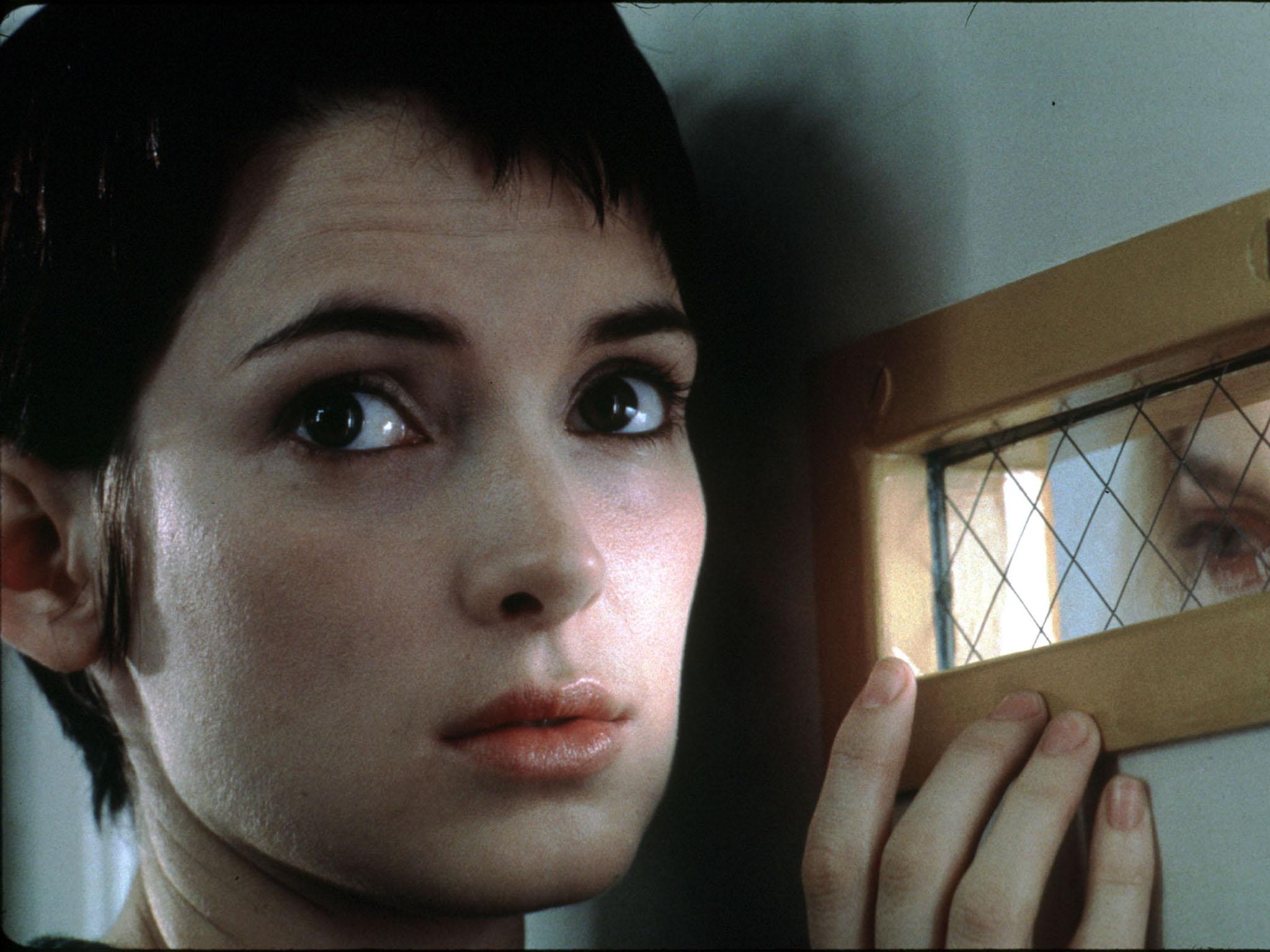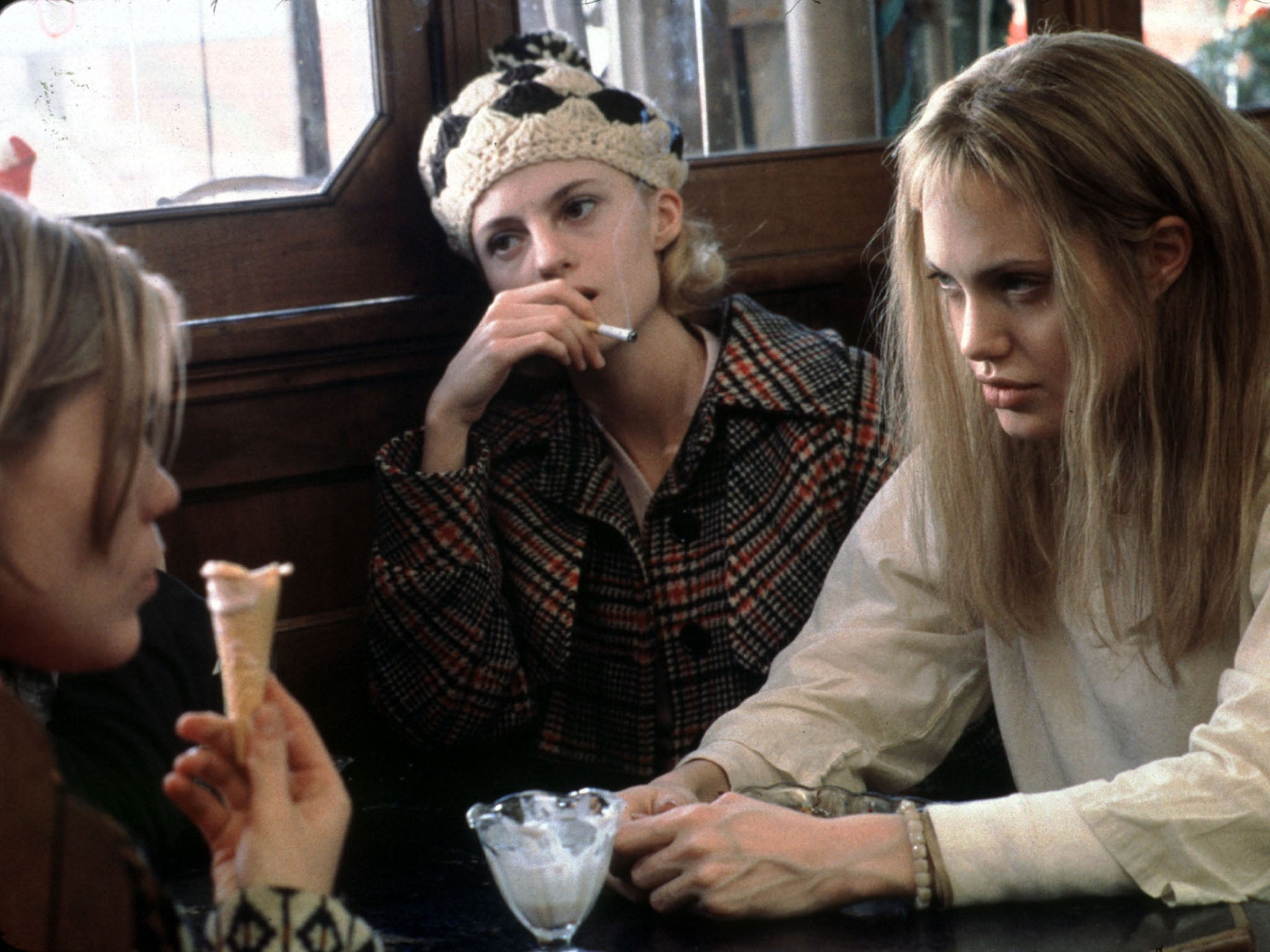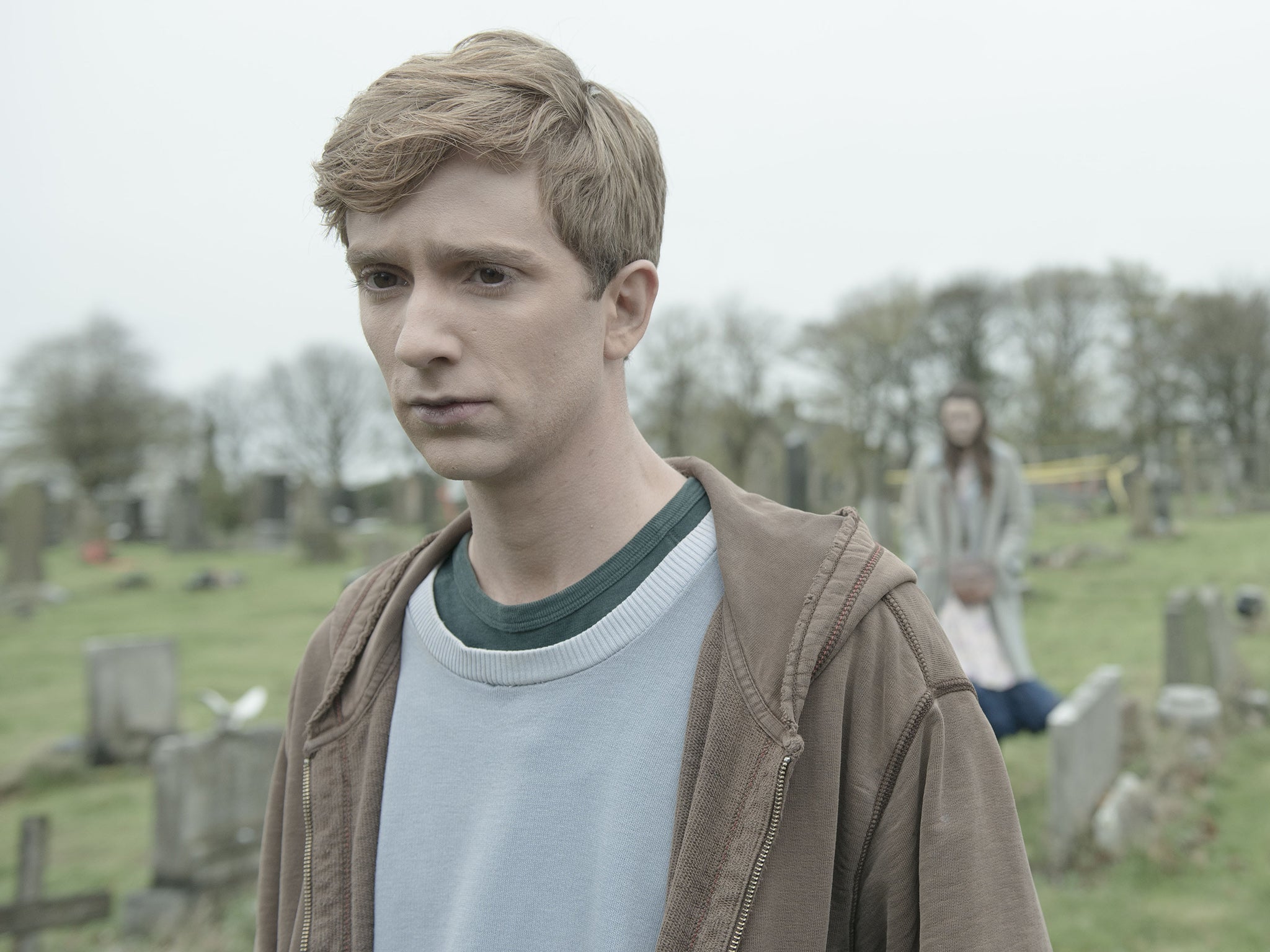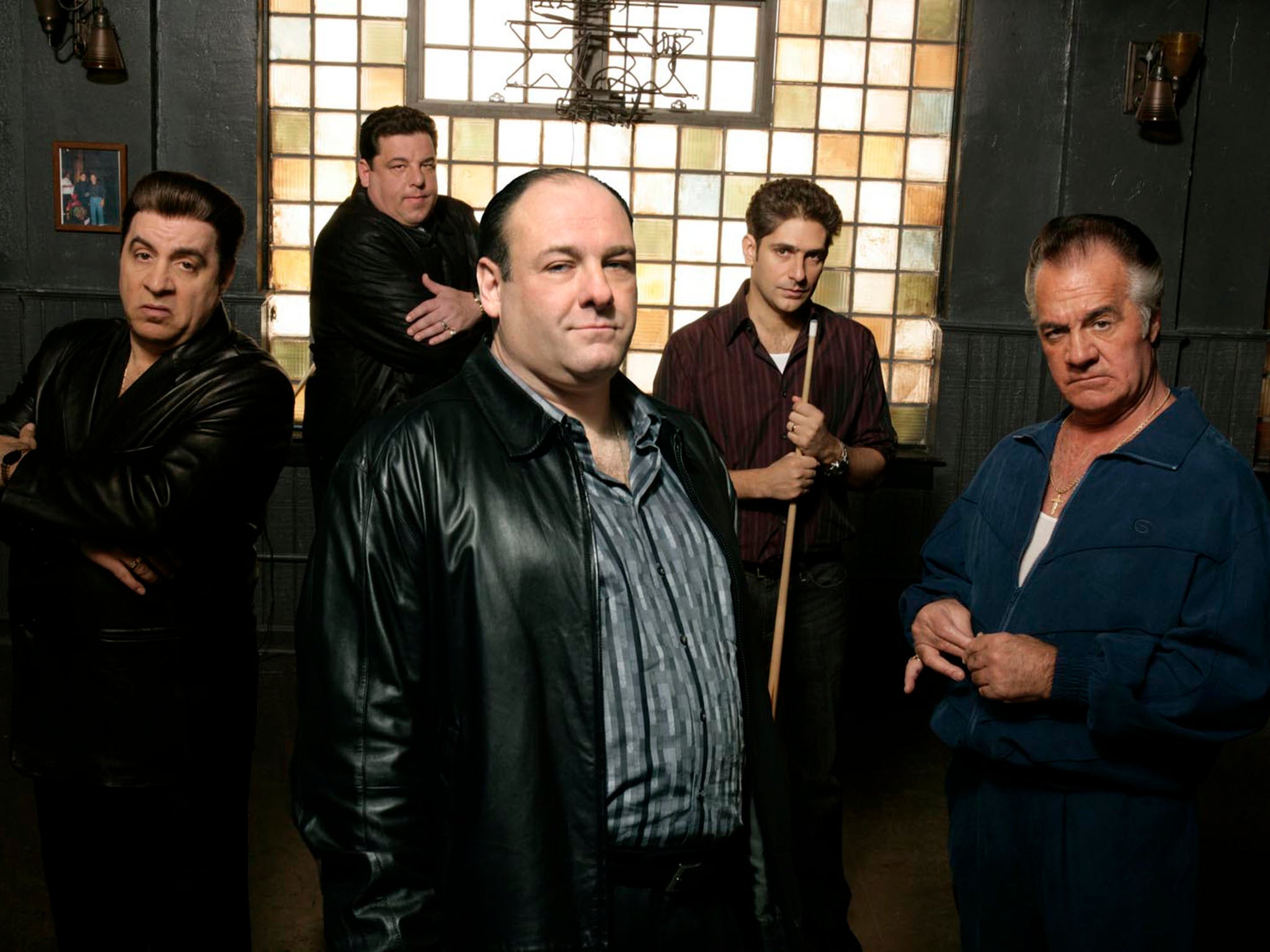Depicting depression: a difficult tale to tell on TV
Depicting the cold, hard reality of the illness is a very tricky business, says Stephen Kelly

Over the months to come, Coronation Street’s Steve McDonald – the soap’s hapless Clown of the Cobbles – will find himself descending into the dark depths of depression.
Having been thinly veiled since June, the storyline was revealed last month with Simon Gregson’s character dismissing his GP’s diagnosis and seeking to hide the illness from friends, family and himself – a decision that will lead to the breakdown of his relationship with girlfriend Michelle and “a long, terrible night” in January. As producer Stuart Blackburn says: “He’s the sort of bloke who would take the piss out of other people [for being depressed], so to acknowledge that it’s real, that his head is broken, is incredibly difficult.”
Television and film has a patchy history when it comes to depicting depression, a debilitating, sometimes life-threatening disorder that, according to the Office of National Statistics, affects one in five adults in the UK – including me, who has borne its beached whale of a weight since I was a teenager. That record is improving, though, as it is for the media’s depiction of all kinds of mental illness. A report published last week by Mind’s anti-stigma group Time To Change, for instance, found that television is moving away from cheap “mad and bad” portrayals with enlightening shows such as E4’s My Big Fat Mad Diary, BBC1’s Holby City and – to a certain extent – Channel 4’s Homeland. The report found that a character with mental health problems had improved the understanding of 54 per cent of the 2004 people surveyed, while 48 per cent of the sample said that a show had changed their opinion about the sort of person who might experience such an illness.

Even so, Coronation Street’s decision to tackle depression head-on is a brave one – for despite being the most common mental illness (alongside anxiety), depression is rarely nailed on screen. The reasons are manifold. First off, it’s not inherently dramatic. Or rather, there is drama – fear, rage and the battle between the irrational agony of existing and the very rational fear of death – but it’s internal and abstract. It’s what’s going on inside the head of a person who can’t get out of bed. When filmed from the outside, depression is not easy, endearing or entertaining to watch. Hence why it’s often – and wrongly – romanticised as the burden of tortured genius, or shunned in favour of more “cinematic” disorders such as Obsessive Compulsive Disorder, psychosis or schizophrenia.
Indeed one of the best films about depression, Lars Von Trier’s 2011 film Melancholia, is brilliant precisely because it’s such a frustrating watch. Starring Kirsten Dunst as a catatonically ill bride-to-be, it does a great job of distinguishing depression from mere sadness, exploring the former’s power to overwhelm just as any physical illness can when at its worst: neither her wedding day nor the coming apocalypse make any difference to Justine’s condition. Beyond Von Trier’s effectively queasy shaky-cam direction, however, the film is a long, hard watch: one of much sobbing and lying around with other characters who find Justine exasperatingly difficult to help.

TV is typically better at dealing with depression, for the simple reason that portraying a long, dense illness is easier in a long-form medium. Take The Sopranos, which was able to unpack the depression and panic attacks of its macho mob boss Tony Soprano across 65 hours of television, building a psychological profile of considerable depth. Yet Tony’s bed-bound bouts were offset by the exciting mechanics of the mafia. And even for soaps such as EastEnders and Corrie, which never end, there’s only so long that a plot-line can be sustained.
“It’s difficult,” Blackburn tells me. “In the real world, Steve’s story would probably last a decade but we can’t play it out that long. We will get to the stage where the ‘old Steve’ is back but he’ll [still be] living and coping with it. It would be an insult to people with depression otherwise ... I’m going to hold my nerve and take as long as is needed.”

Of course, given that depression is different for everyone and everyone is different, there is no one way to get it right – but there are plenty of ways to get it wrong. To look at some particularly woeful examples, there’s 2001’s Prozac Nation, the adaptation of Elizabeth Wurtzel’s seminal 1994 memoir, in which the depressive self-destruction of Christina Ricci’s Lizzie, a bratty Harvard student, is presented as glamorously hedonistic. And 2012’s Silver Linings Playbook, which opts to dwell on the more drama-friendly mania of Bradley Cooper’s bipolar Pat, and pays only lip service to the depression of Jennifer Lawrence’s love-interest Tiffany, while, in the case of both characters, reducing mental illness to some sort of kooky personality trait and perpetuating the patronising narrative that professional treatment is nothing compared to the healing effect of a new boyfriend or girlfriend.
And then there’s 2011’s The Beaver, which begins with Mel Gibson’s depressed CEO ,Walter, lying in bed, staring at the ceiling, but then less fittingly sees him develop an alternate personality represented by a Beaver puppet, voiced by Ray Winstone – a grossly misleading and, quite frankly, insulting bid to sex things up. If only depression was that interesting.

Watch Apple TV+ free for 7 day
New subscribers only. £9.99/mo. after free trial. Plan auto-renews until cancelled.
ADVERTISEMENT. If you sign up to this service we will earn commission. This revenue helps to fund journalism across The Independent.

Watch Apple TV+ free for 7 day
New subscribers only. £9.99/mo. after free trial. Plan auto-renews until cancelled.
ADVERTISEMENT. If you sign up to this service we will earn commission. This revenue helps to fund journalism across The Independent.

That’s not to say that left-field takes such as The Beaver are necessarily bad. Given depression’s abstract nature, it’s often best portrayed through fantastical, rather than literal, means. The Harry Potter series’s Dementors, the shadowy manifestations of J K Rowling’s own depression, who “drain peace, hope, and happiness out of the air around them”, are an obvious example, while last month’s cult Australian horror, The Babadook, offers another, with grieving mother Amelia’s depression taking the form of a dark, paranormal entity, an unwelcome intruder that creeps in and won’t leave. Both successfully give shape to something which has none.
“Vincent and the Doctor”, a Richard Curtis-written Doctor Who episode from 2010, is also powerfully moving in dealing with depression within a genre framework, with companion Amy Pond failing to prevent Vincent van Gogh’s suicide, despite her and the Doctor’s taking him to a major exhibition of his work in the future to show him just how loved he would become.

BBC3’s zombie drama In The Flesh should get a mention too. Set in the aftermath of a zombie apocalypse, it follows the story of medically reformed “rotter”, Kieren Walker, and his re-integration into not just a small-minded village community but a family that had lost him to depression and death. Unfolding in the style of a Ken Loach kitchen-sink drama, it is one of television’s most subtle, sensitive takes on stigma, identity and the devastating effect of suicide.
Still, few of these examples have had as much power to educate a mass audiences as that of soaps. During my own breakdown in my early twenties, for example, my mum sought what understanding she could from Stacey Branning’s 2009 bipolar storyline in EastEnders. And even if she got more of an impression of mania than of depression, it still helped to show that these things exist, that it isn’t just weakness. Now, the fact that soaps such as Corrie are beginning to embrace the duller side of mental illness can only help further.
“Soaps, foremost, are there for escape,” says Blackburn, “but I hope that because Steve is an everyman character, that there are Steves in everyone’s family, we can make a lot more people go, ‘oh, right’. I hope we can raise a debate and show both people living with it and [people] caring for someone that it may be something that you live with forever, but you can live a good life. So I hope, in a tiny way, this story can change the world a little bit for the better. Progress has been made, but on a scale of one to 100, we’re maybe at 10.”
Join our commenting forum
Join thought-provoking conversations, follow other Independent readers and see their replies
Comments
Bookmark popover
Removed from bookmarks